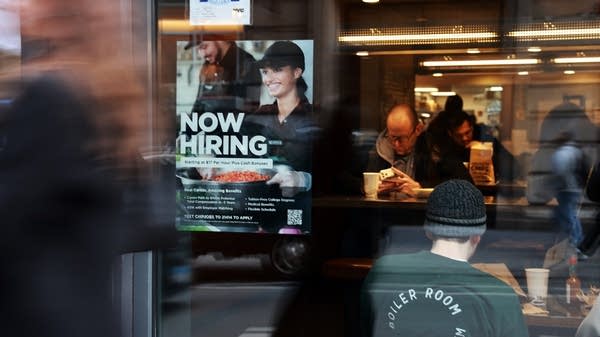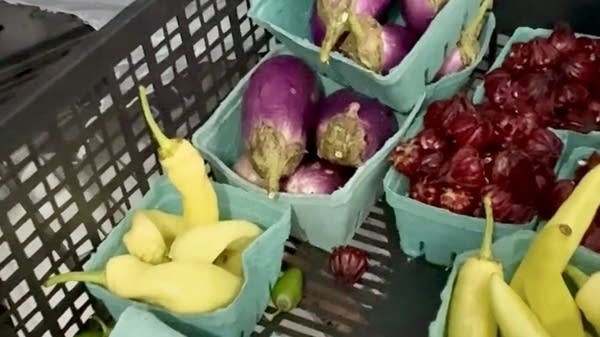President Trump’s deportation agenda leaves farms scrambling for harvesters
With many workers staying home, farmers are worried about how to get crops off the fields.

Among the provisions Senate Republicans are weighing in the big GOP spending and tax bill, is $170 billion earmarked for immigration enforcement.
President Donald Trump’s mass deportation agenda has created a chilling effect that keeps a lot of people from going to work at restaurants, hotels, construction sites and farms all over the country. Undocumented workers, and even those with legal status, fear that their workplaces could be the target of Immigration and Customs Enforcement raids.
With harvest season underway on the West Coast, that could lead to a lot of wasted food.
Warm spring weather made 2025 a pretty good year for growing cherries, said Ian Chandler, director of field operations at a 300 acre orchard in northern Oregon. “We have a pretty good sized crop. Quality is good. It’s nice fruit,” he said.
The problem, Chandler said, is getting that bumper crop off the tree.
He said the West Coast cherry harvest relies on farmworkers traveling from California up through the Pacific Northwest as the fruit ripens in each climate.
“And this year, that flow of labor was disrupted,” he said.
About 90% of the farmworkers Chandler hires are immigrants. He said the rest might be American citizens, but have family at risk of being deported.
“That creates a tremendous amount of fear. So people are hunkering down and not wanting to travel,” he said.
Meanwhile, the clock for harvesting ripe cherries is ticking.
“Mother Nature doesn’t compromise on that. When the crop is ready, it needs to be harvested,” said Richard Stup, director of the Cornell Agricultural Workforce Development program.
He said immigrant workers — many of whom are undocumented — have allowed U.S. farmers to keep growing labor intensive fruits and vegetables, even as vanishingly few Americans are willing to do the work of harvesting.
“For us to grow and harvest and process those crops would be virtually impossible without immigrant and guestworkers,” Stup said.
And automating that work is tricky.
Agricultural economist Diane Charlton at Montana State University said there are robots in development.
“To be able to pick the fruit that’s ripe and pick it gently, a lot of factors have to come together to do this as efficiently as human hands,” she said.
Even if a labor squeeze spurs more investment, Charlton said that tech is a ways off.
In Oregon, Ian Chandler is hunting for secondary markets willing to process overripe cherries. But those places where you can send fruit that won’t work for fresh are starting to fill up.
He said some of this year’s cherries will rot on the tree, and crop insurance won’t cover a worker shortage.













